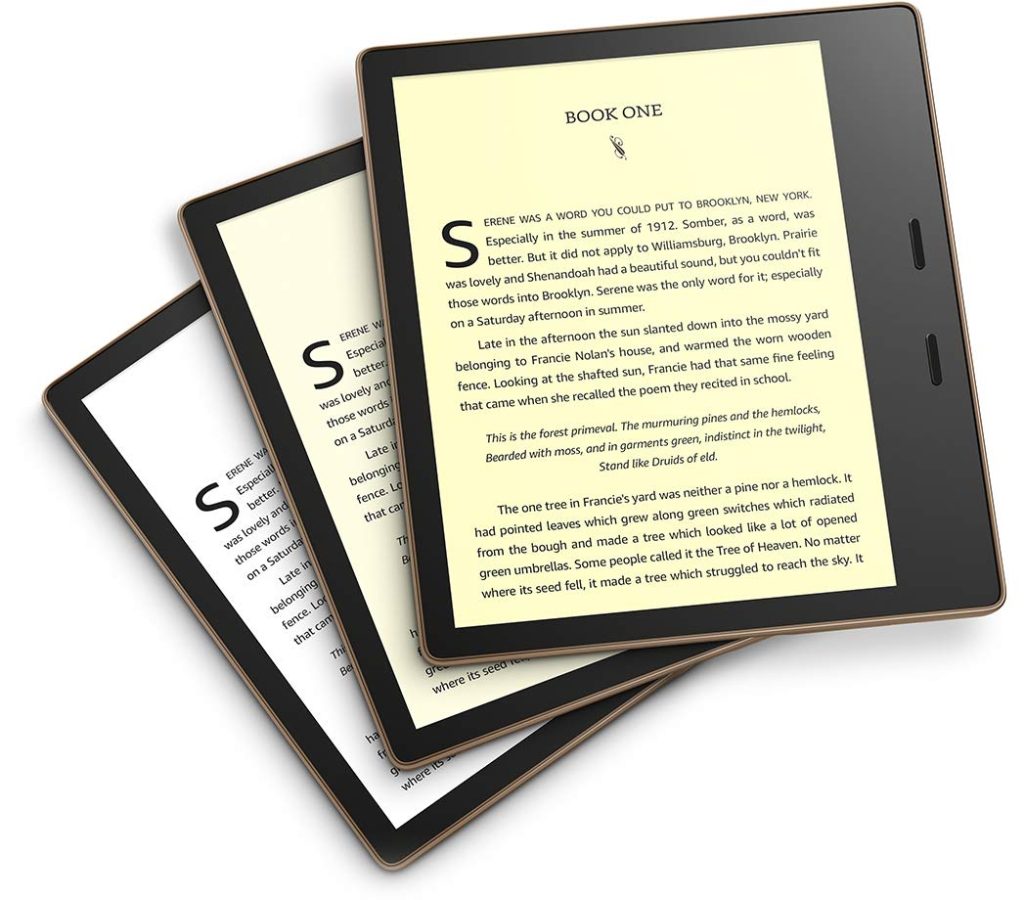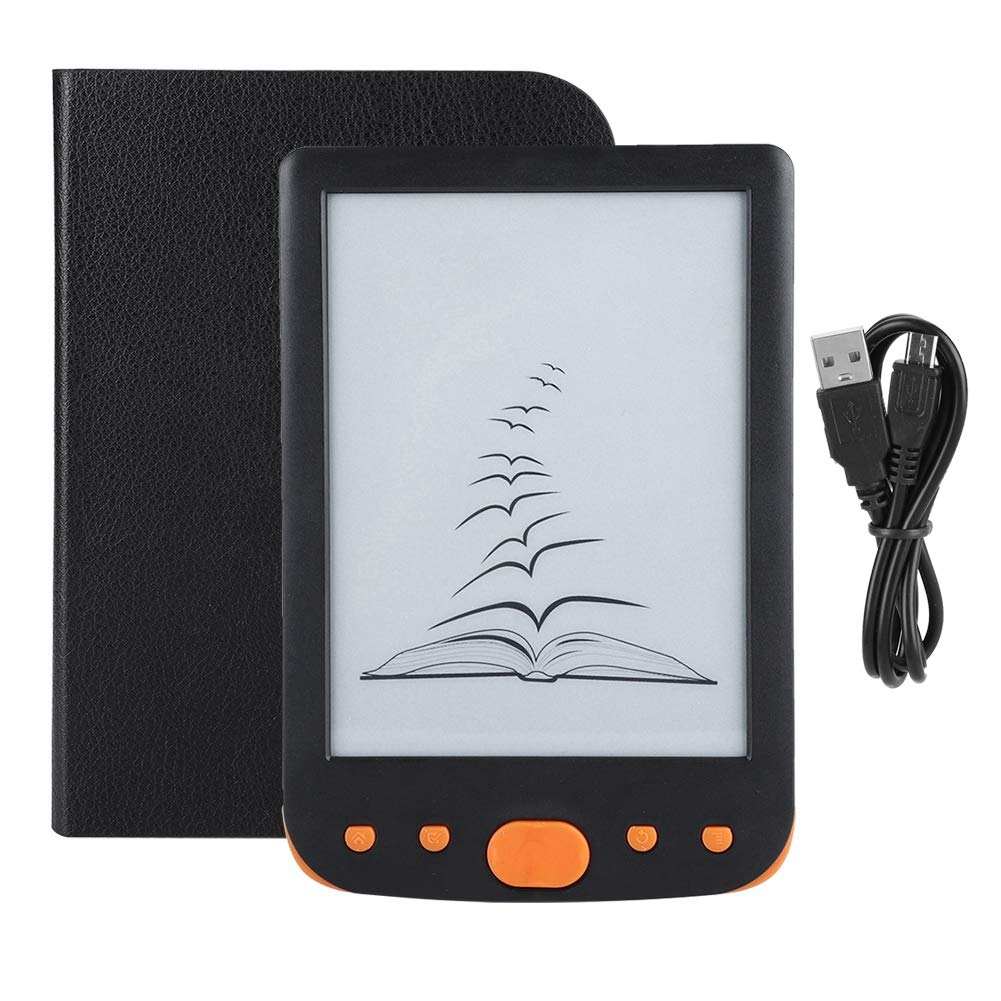Borrowing Ebooks and the Evolution of Reading Communities
The digital age has not only transformed the solitary act of reading but also revolutionized the communal aspects of literary engagement. Borrowing ebooks through various platforms has become increasingly popular, reshaping the traditional library experience and fostering new forms of online reading communities. This evolution reflects changes in how readers interact with books, authors, and fellow readers, bridging the gap between the traditional page and the digital domain.
Digital Libraries: Accessing Ebooks with Ease
Virtual Borrowing Becomes Mainstream
Public and university libraries have taken to the digital sphere, offering patrons the opportunity to borrow ebooks. Services like OverDrive and Libby have partnered with libraries to create extensive digital catalogs accessible from any web-enabled device. These platforms have intuitive interfaces, allowing users to explore genres, borrow titles, and place holds on popular ebooks. The convenience of borrowing books from the comfort of one’s home at any hour has attracted a wave of keen digital readers.
Extending the Library to Remote Readers
For rural or remote readers, digital libraries have been particularly game-changing. Those who previously faced long commutes to physical libraries can now access the same titles via their e-reader or computing devices. This ease of access has broadened reading opportunities, connected more readers to library services, and ultimately supported the democratization of reading.
Subscription Services and All-You-Can-Read Models
Membership Platforms Expand Reader Choice
Aside from public libraries, subscription-based services like Kindle Unlimited and Scribd offer all-you-can-read models. For a monthly fee, subscribers have unrestricted access to vast collections of ebooks across all genres. These services cater to voracious readers seeking diversity and value in their reading habits. They also provide a platform for indie authors to reach new audiences, shaking up traditional publishing and bookselling dynamics.
Tailoring Reading Recommendations
These subscription platforms often include personalized recommendation systems, using algorithms to suggest titles based on reading history and preferences. This feature not only enhances the reader’s experience but also fosters discovery, guiding readers to new genres or authors they may not have otherwise encountered. In doing so, these services function not just as libraries but as personalized curators of one’s literary journey.

Social Reading Platforms and E-Community Growth
Cultivating Online Book Clubs and Discussions
Book clubs have found a new lease of life online with platforms catering to communal reading experiences. Sites such as Goodreads allow readers to share reviews, participate in discussions, and join virtual book clubs. These platforms have fostered global communities where readers exchange insights and bond over shared literary interests. Beyond mere book tracking, these services facilitate interactions that mirror and often enhance the traditional book club experience.
Connecting Authors and Readers Directly
Social reading platforms also facilitate more direct connections between authors and readers. Many writers use these spaces to engage with their audience, offering insights into their creative process and gathering feedback. This interaction enriches the reading experience, giving readers a sense of involvement in the literary world that extends beyond the final page of an ebook.

Innovative Technologies and Interactive Reading
The Rise of Enhanced Ebooks and Interactivity
As ebooks continue to evolve, new technologies are adding layers of interactivity that redefine the reading experience. Enhanced ebooks might include embedded audio, video, or interactive graphics, blending traditional reading with elements from other media. This interactivity transforms the solitary act of reading into a multi-sensory experience and opens up new avenues for storytelling and reader engagement.
Advancements in Reading and Data Analytics
Advancements in ebook technology also allow for the collection of reading data, offering insights into reading habits and preferences. Platforms can analyze which books are most borrowed or how readers engage with various texts, further refining recommendation systems and understanding trends. While privacy concerns are paramount, this data can be leveraged to build more responsive and tailored reading communities, ensuring that the digital library experience continues to meet the needs of its audience.

Bridging the Digital Divide with Ebooks
Expanding Access to Diverse Audiences
The increased availability of ebooks is helping to bridge the digital divide by providing access to books for people who may not have a traditional library nearby or the means to purchase physical copies. E-readers and other mobile devices are becoming more affordable, making ebooks a practical choice for broader populations. Programs dedicated to distributing e-readers to underserved communities further enhance the reach of digital reading, ensuring that everyone has the opportunity to join the global conversation around books and learning.
Improving Literacy with Technology Integration
Ebooks also play a role in literacy efforts. Interactive ebooks, for example, can improve engagement and comprehension for new readers, making learning to read a dynamic activity. The adaptability of font sizes and audio narration support individuals with learning difficulties, allowing for a customized reading experience that aligns with each user’s needs. As traditional literacy efforts merge with digital solutions, ebooks become a powerful tool in making reading more accessible and fun for learners of all ages.

Future of Reading Communities in the Digital Age
Anticipating Evolving Reader Interactions
The future of reading communities is dynamic and promising, with continued technological advancements shaping the way people engage with literature. As virtual and augmented reality technologies mature, we may see even more immersive reading experiences that could further deepen community connections. Social media and the rise of book-related content on platforms like YouTube and Instagram are already creating new spaces for readers to connect over their favorite books. These trends point towards an ever-expanding universe of online literary communities that transcend geographical boundaries.
Embracing a Hybrid Reading Model
The widespread adoption of ebooks does not signal the end of printed books but rather introduces a hybrid model where readers can toggle between formats. The tactile pleasure of physical books will likely always hold a special charm for many. The coexistence of print and digital formats allows readers to choose their preferred medium, or to enjoy both, depending on the context and their mood. This flexibility promises to keep reading communities vibrant, engaging with literature in an increasingly networked and digital society.
In summary, borrowing ebooks has ushered in a new era in the reading experience. The accessibility of digital libraries is increasing. The availability of a wide range of titles through subscription services is growing. These factors are creating more inclusive and diverse reading communities. Online platforms facilitate strong interactions among readers and authors. Innovative technologies provide interactive experiences, challenging traditional reading practices. As these trends evolve and intertwine, they strengthen and transform the foundations of reading communities. This promises a vibrant and dynamic future for literature enthusiasts in the digital world.
